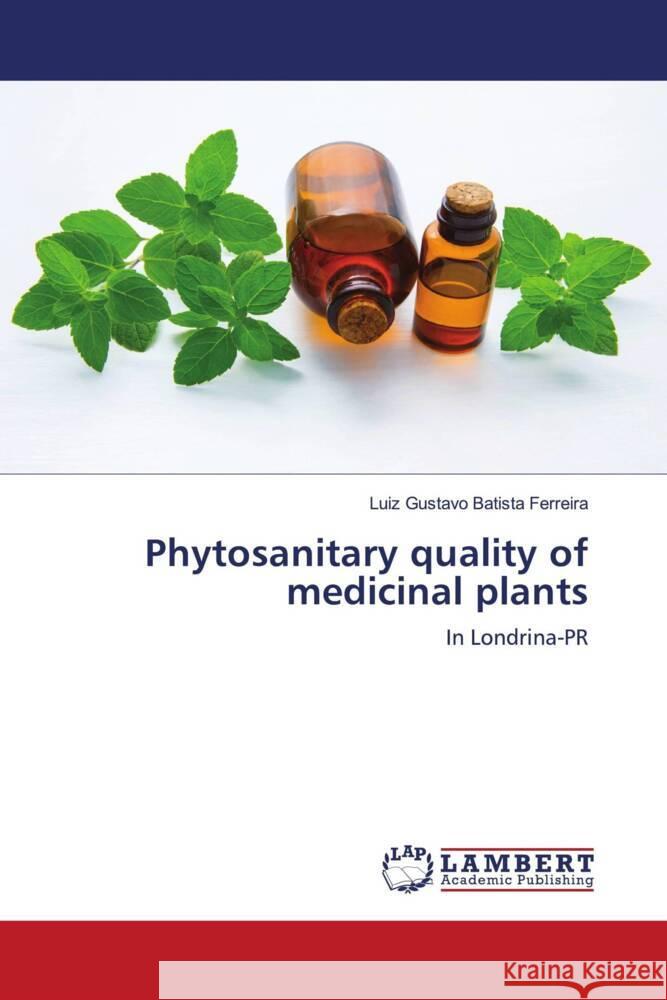Phytosanitary quality of medicinal plants » książka
Phytosanitary quality of medicinal plants
ISBN-13: 9786204184340 / Angielski / Miękka / 52 str.
The use of medicinal plants is a common practice around the world since the Ancient Egypt, when they used as food and medicine. Its use is of great importance especially in low-income populations without access to health resources. The purpose of this study was to evaluate the quality medicinal plant species traded in Londrina, Paraná state, Brazil. Medicinal plants were chosen on the basis of secretory structures or storage facilities of the active ingredients such as leaves, bark, flowers and fruits. Plant species chosen to perform the analyzes were phytosanitary quality: chamomile (Chamomilla recutita L. Rauschert), peppermint (Mentha piperita), anise (Pimpinella anisum L), hibiscus (Hibiscus sabdariffa L.), cinnamon (Cinnamomum zeylanicum Blume) and lemon balm (Melissa officinalis L.). The plant materials were purchased by five points or shops in city. The species purchased were transported to the laboratory, located at Londrina State University (UEL). There is a high incidence of fungi harmful to human health as Aspergillus flavus and Penicillium sp in the six medicinal plants collected within five points of marketing, in Londrina-PR.











